In a world where humans often take center stage, it’s easy to forget the planet and its original inhabitants. Our own dreams and desires often overshadow the remarkable resilience of nature’s creatures. Yet, what if the tables were turned? Imagining a world where humans were absent might reveal a more harmonious existence for the Earth’s other denizens. Here are 13 reasons why animals and our planet might thrive without us.
1. There’d Be No More Habitat Destruction
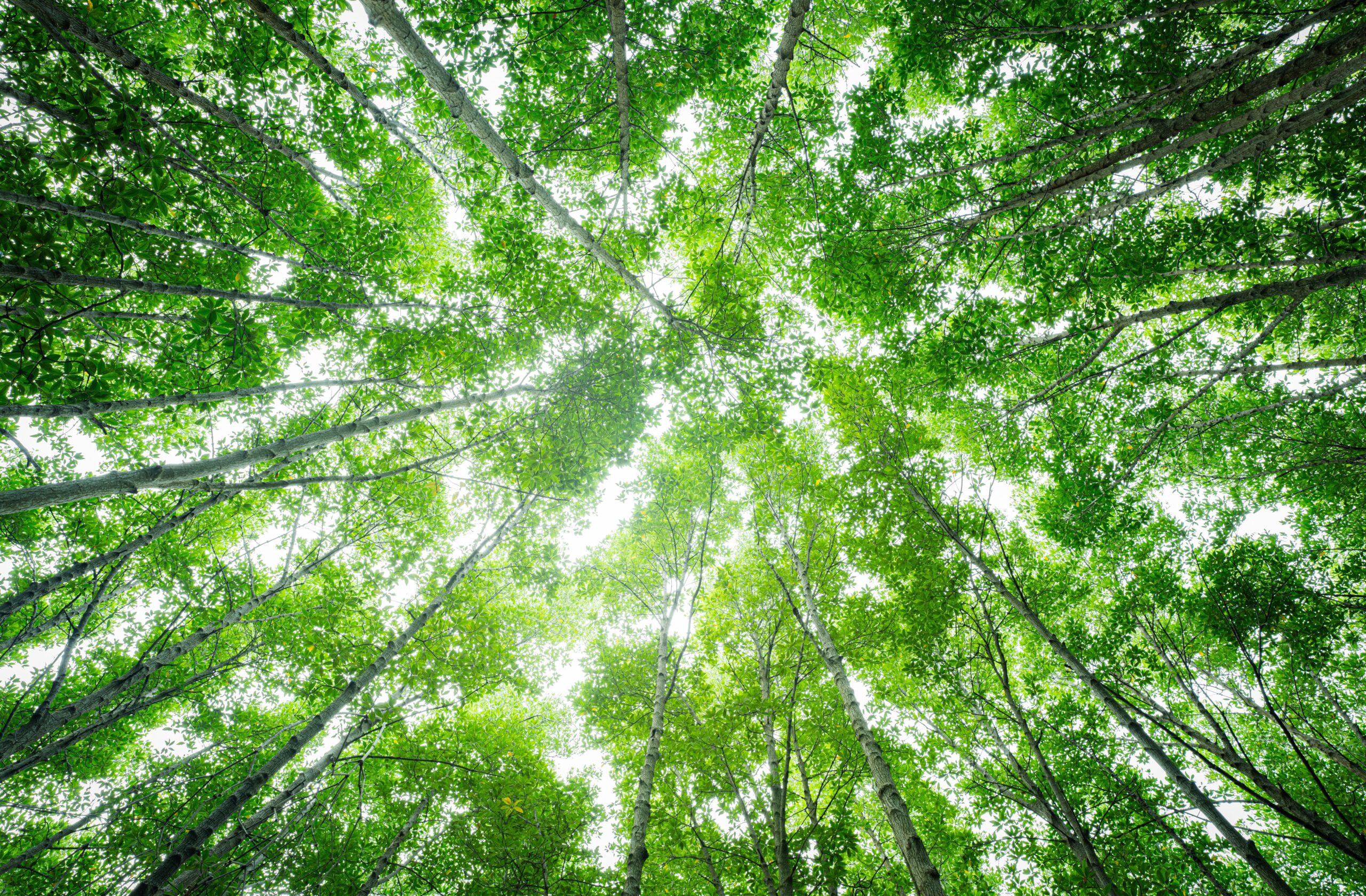
Imagine lush forests standing tall, undisturbed and brimming with life, the way nature intended. We have a tendency to encroach upon their territories, chopping down trees to make way for urban jungles. It’s easy to forget that every tree felled is a home lost, a canopy shattered. Without us, the relentless march of deforestation would halt, preserving these vital ecosystems.
According to a study published by the World Wildlife Fund, nearly half of the world’s forests have already been cleared or degraded, primarily due to human activities. This loss is catastrophic for countless species that rely on forests for shelter and sustenance. Remove the human factor, and nature would have the space to reclaim and restore what has been lost. The forests would breathe easier, and so would the creatures within them.
2. Our Oceans Would Be Free From Trash
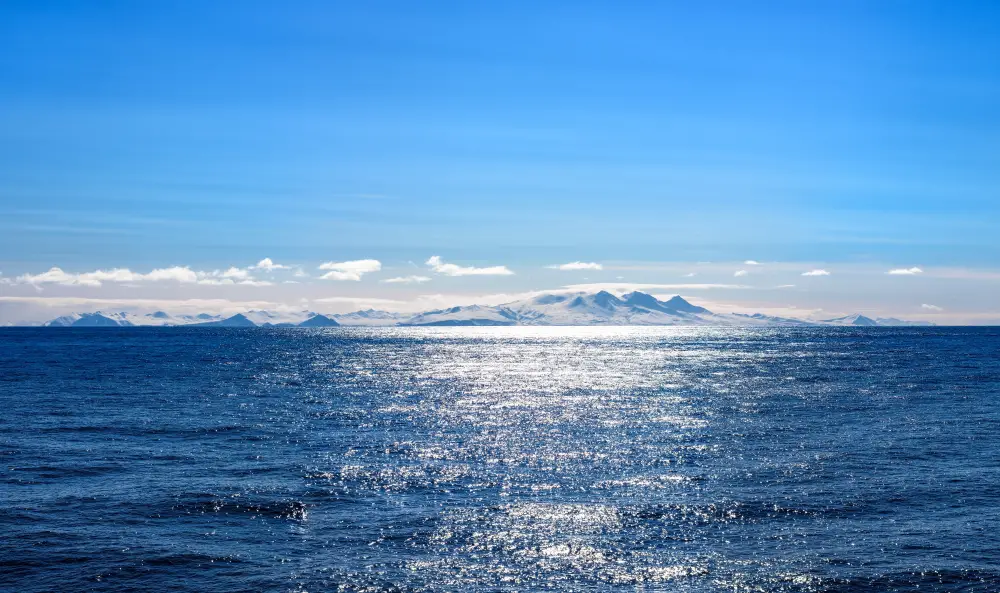
Our oceans, vast and mysterious, are drowning under the weight of our refuse. Plastic, that versatile villain, is the chief offender, choking marine life and littering the sea floor. It’s a grim reflection of our throwaway culture, where the sea becomes the ultimate dumping ground for our synthetic sins. But without humans, the ocean would detox, cleansing itself of this toxic burden.
Picture a world where sea turtles glide without the threat of entanglement, where dolphins weave through waves unclouded by debris. Freed from our trash, marine ecosystems would flourish, allowing coral reefs to thrive and fish populations to rebound. The sea, a sapphire sanctuary, would be vibrant and alive, a testament to nature’s incredible resilience. And the creatures of the deep would reclaim their rightful dominion.
3. Our Pollution Levels Would Plummet
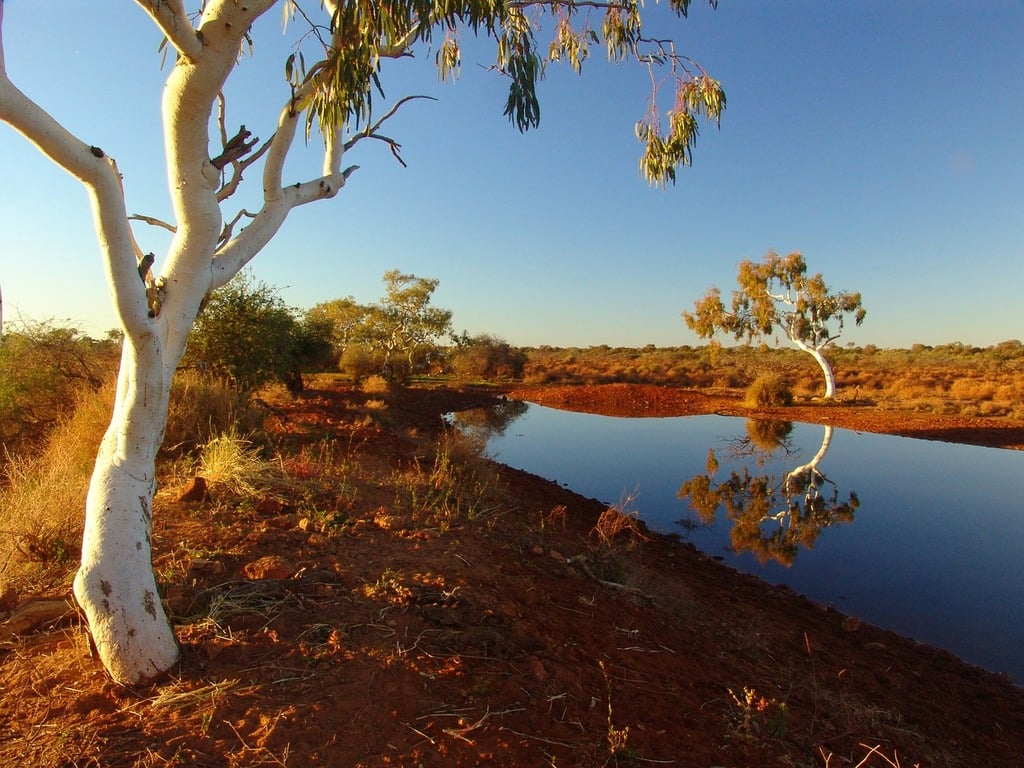
Air thick with smog, rivers tainted with industrial runoff—pollution is the murky byproduct of our modern lives. We pump chemicals into the atmosphere and waterways, leaving a trail of destruction in our wake. But in our absence, the Earth would begin a long-awaited detox, purging itself of the toxins we’ve unleashed.
Environmental scientist Dr. Jane Goodall has often highlighted the impact of pollution on biodiversity, noting that the absence of human-induced pollutants would allow species to recover and ecosystems to stabilize. Freed from the suffocating grip of pollution, animals would thrive in cleaner, healthier habitats. Rivers would run clear, skies would be open and blue—not just metaphors, but living, breathing realities. The Earth would sigh with relief, unfettered by our contaminations.
4. There’d Be No More Animal Poaching
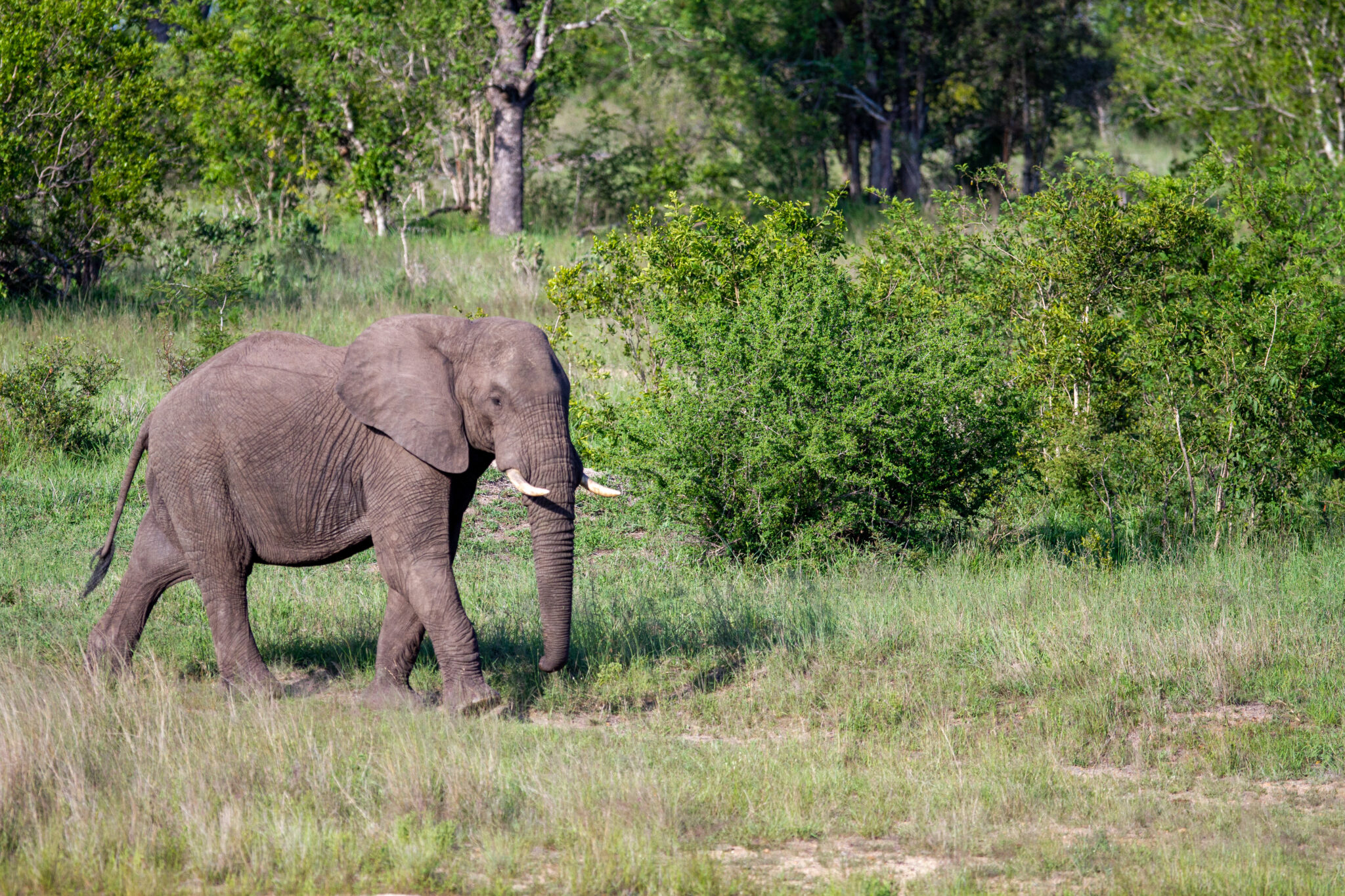
A world unscarred by poaching, where majestic elephants roam freely, their tusks intact, and rhinos graze peacefully without fear of slaughter. Poaching is a grim testament to human greed, a ruthless trade that decimates wildlife populations. With us gone, the illegal wildlife trade would vanish, restoring balance to vulnerable species.
Without the threat of poachers, animals would be free to live and breed naturally, their populations stabilizing over time. Elephants, tigers, and countless other species would have a fighting chance to reclaim their numbers. The sanctity of life would be honored, not hunted, as nature intended. In our absence, the sanctuaries of the wild would thrive, unblemished by avarice.
5. They’d Be Less Invasive Species
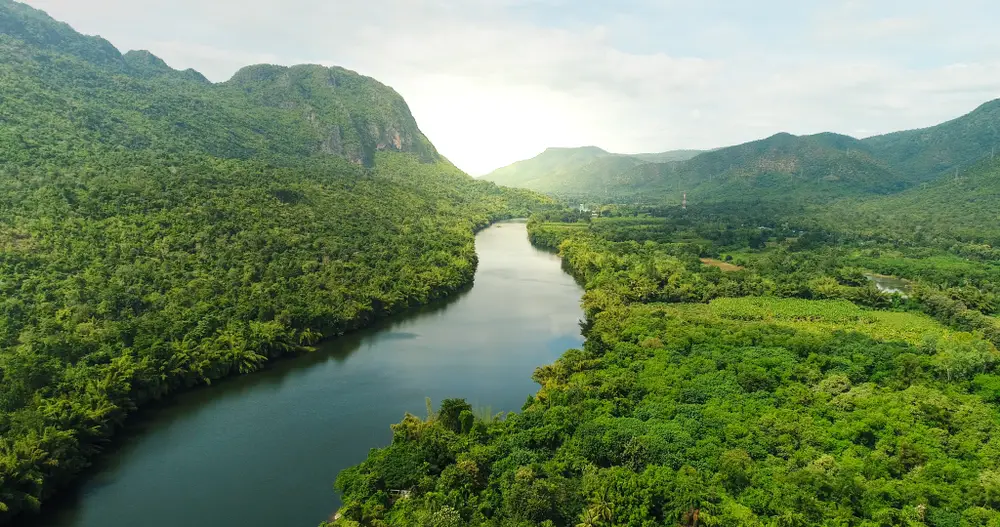
The introduction of invasive species is often an unintended consequence of human exploration and commerce. These foreign invaders disrupt local ecosystems, preying on native species and outcompeting them for resources. Without humans ferrying them across the globe, this ecological imbalance would fade, giving indigenous species the upper hand.
Dr. Mark Davis, a leading ecologist, has argued that the absence of invasive species would allow ecosystems to recover their natural diversity and function. Native animals and plants would reclaim their territories, fostering a more robust and resilient environment. Biodiversity would flourish, and the intricate web of life would weave itself back to strength. A world without us would see nature’s balance restored, unimpeded by human missteps.
6. Our Natural Migration Patterns Would Be Restored
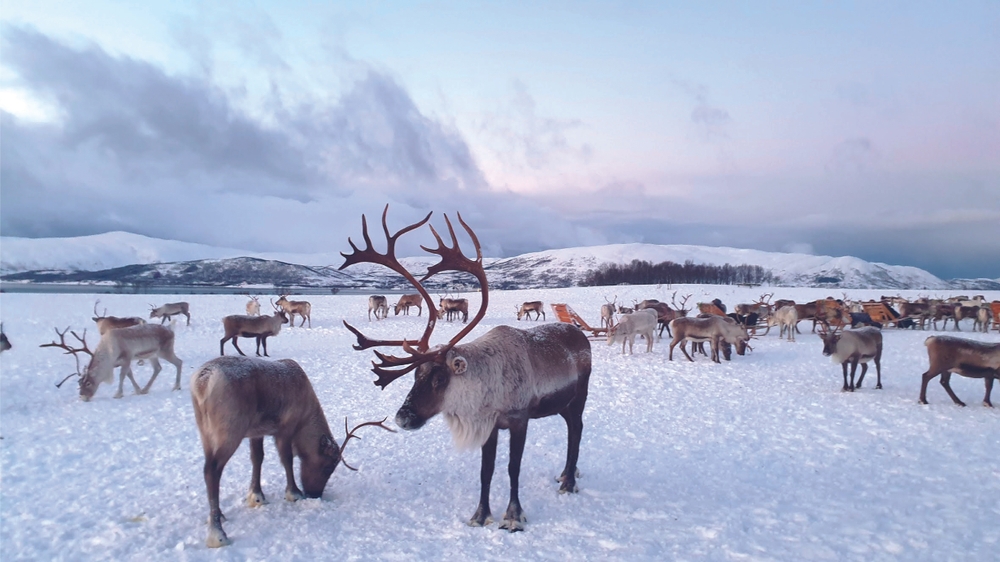
Migration is a majestic dance, a timeless voyage across continents and oceans. Yet, we’ve erected barriers—highways, fences, and urban sprawls—that interrupt these ancient routes. In our absence, animals would roam freely, migrating without hindrance and reconnecting once fragmented populations.
Imagine caribou trekking unimpeded across the tundra, or birds winging their way along unbroken flyways. These journeys are vital for the survival of many species, offering genetic diversity and access to seasonal resources. Left undisturbed, these natural rhythms would reestablish themselves, ensuring the health and vitality of migratory creatures. Nature’s grand passages would flow once more, uninterrupted and glorious.
7. Our Fish Population Would Rebound
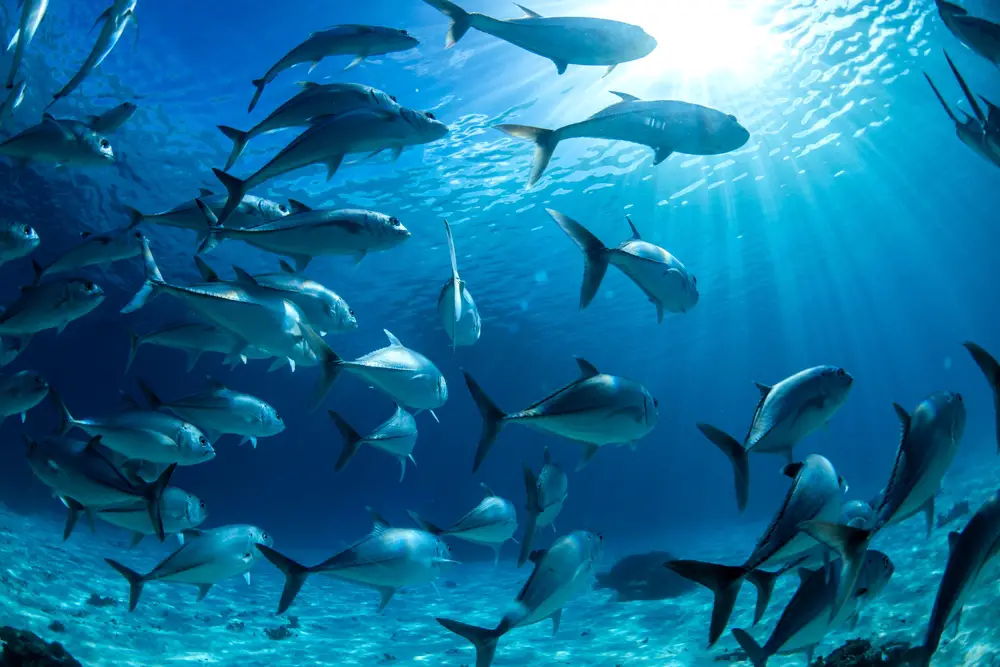
Our oceans are overfished, with species driven to the brink by our insatiable appetites. Fisheries collapse as we strip the seas bare, leaving ecosystems teetering on the edge of collapse. Without us, the waters would have a chance to recover, fish populations would rebound to sustainable levels.
A 2009 study published in the journal Nature indicated that marine populations have the capacity to recover if given the opportunity. In our absence, overexploited species would experience a resurgence, restoring balance to the ocean’s food web. Schools of fish would return in abundance, and the oceans would teem with life once more. The deep blue would become a thriving tapestry of diversity, a testament to nature’s resilience.
8. Our Wildlife Corridors Would Be Uninterrupted

The fragmentation of habitats is one of our most destructive legacies. Roads, railways, and developments cut through landscapes, isolating animal populations and limiting their movement. Without our interference, these barriers would disappear, allowing for uninterrupted wildlife corridors.
Animals would traverse landscapes freely, accessing vital resources and maintaining genetic diversity. This connectivity is essential for species survival, aiding in dispersal and adaptation. A world without our divisive infrastructure would see ecosystems flourish, with species able to move and interact as nature intended. The wild would reconnect, a vast, open network of life.
9. There’d Be A Return Of Predators
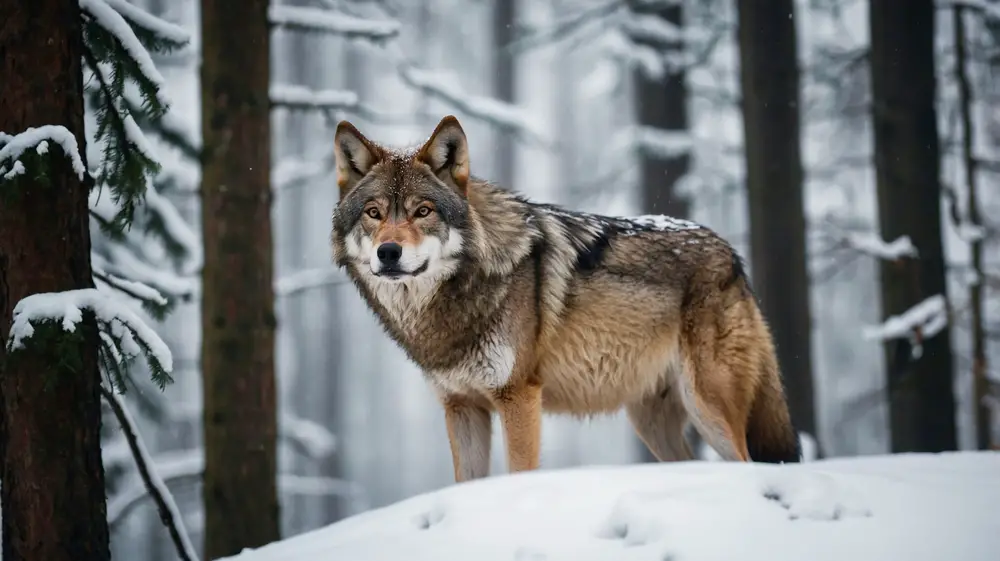
Top predators are often the first to fall in the face of human expansion. We fear them, hunt them, or drive them from their territories, upsetting the delicate balance of ecosystems. In our absence, these apex predators would reclaim their rightful roles, restoring equilibrium to the natural order.
Wolves would roam the forests, and big cats would stalk the savannas, their presence vital to a healthy ecosystem. These predators control prey populations, maintain biodiversity, and ensure the vitality of their environments. Without us, the circle of life would come full circle, predators and prey engaged in the timeless dance of survival. Nature would regain its balance, fierce and free.
10. Our Endangered Species Would Be Preserved
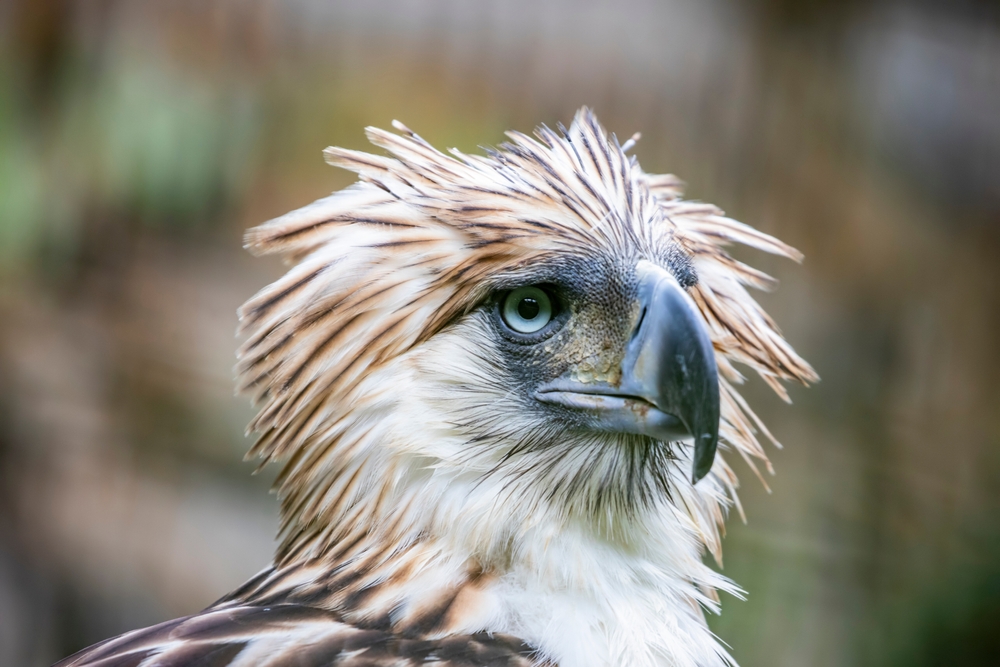
The specter of extinction looms large for many species, their survival threatened by our actions. Habitat loss, pollution, and overexploitation push them closer to the brink each day. Without us, the tide of extinction would slow, giving these vulnerable species a fighting chance.
Endangered animals would reclaim their habitats, breeding and thriving in undisturbed environments. The healing of ecosystems would bolster their numbers, reversing the declines we’ve inflicted. The planet would become a sanctuary for the rare and the wonderful, a tapestry of life restored. In our absence, the future would be brighter for those we once pushed to the edge.
11. There’d Be An Expansion Of Natural Reserves
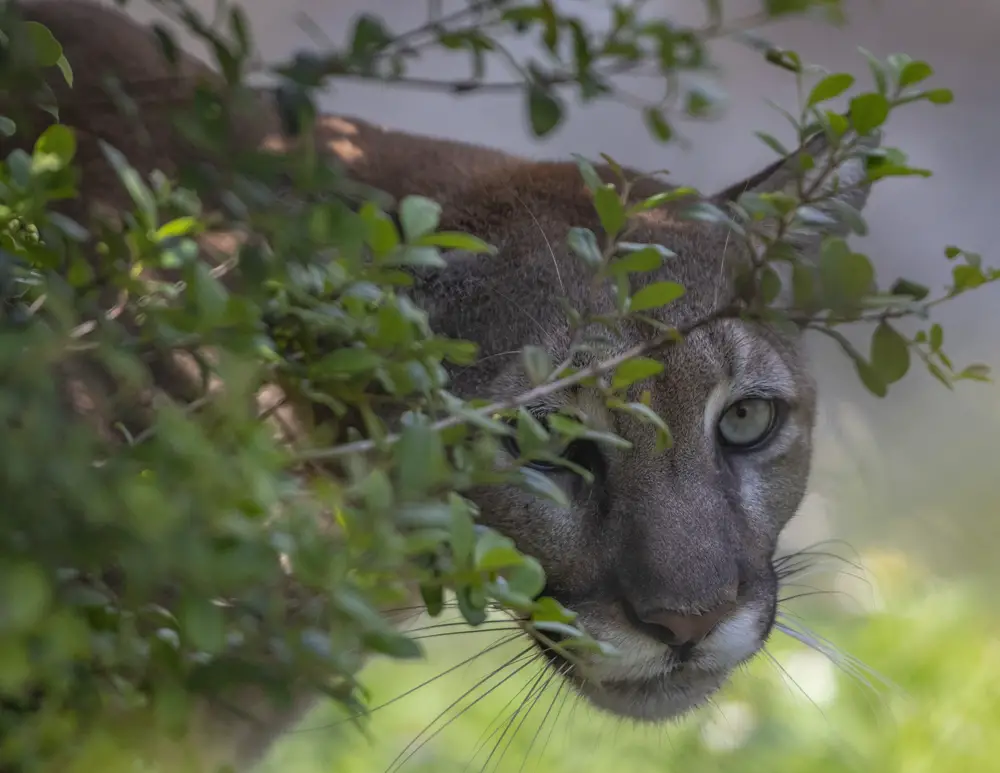
Human presence often restricts the expansion of natural reserves. Our desire for land and resources limits the space available for conservation efforts. In a world without us, vast tracts of land would be set aside for nature’s benefit, allowing reserves to expand and flourish.
These protected areas would serve as vital refuges for flora and fauna, hubs of biodiversity and resilience. Species would thrive within their borders, unthreatened by human encroachment. The expansion of natural reserves would create a connected network of protected areas, nurturing the Earth’s most precious ecosystems. The wild would have room to breathe, to grow, and to thrive.
12. There’d Be A Reemergence Of Lost Species
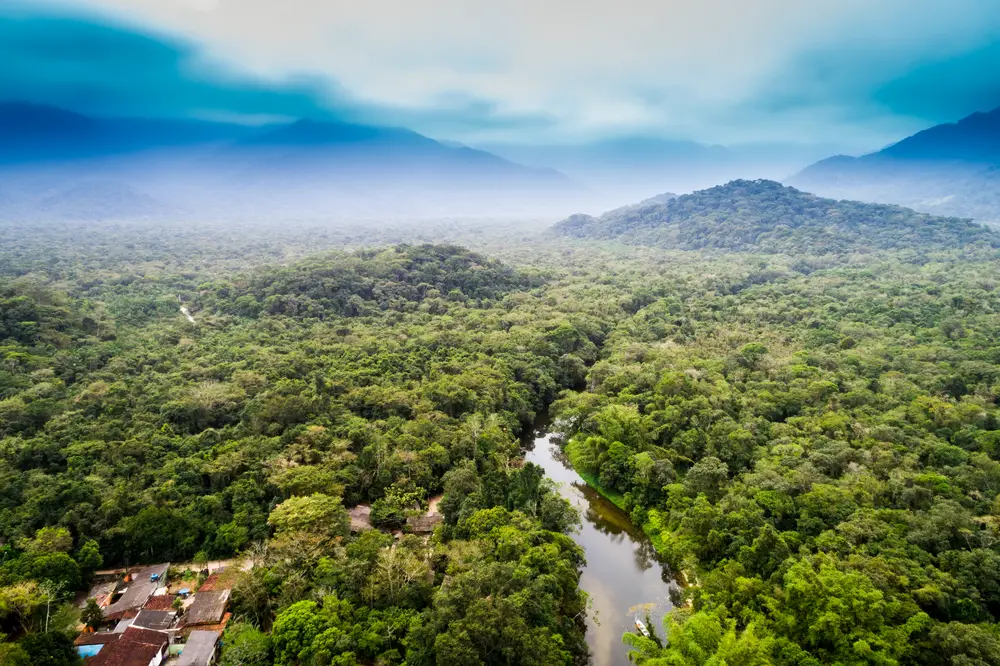
Some species have disappeared from the wild, victims of our relentless expansion and exploitation. Yet, in our absence, there’s hope for their return. Given time and space, nature has a remarkable ability to heal and resurrect.
Small, surviving populations could reclaim their places in the wild, aided by the regeneration of their habitats. These environments would nurture the seeds of resurrection, fostering the revival of lost species. A world without us would see the reemergence of the rare and the remarkable, life rising from the ashes of extinction. Nature’s resilience offers a glimmer of hope for the forgotten and the forlorn.
13. Our Vital Ecosystem Would Be Renewed
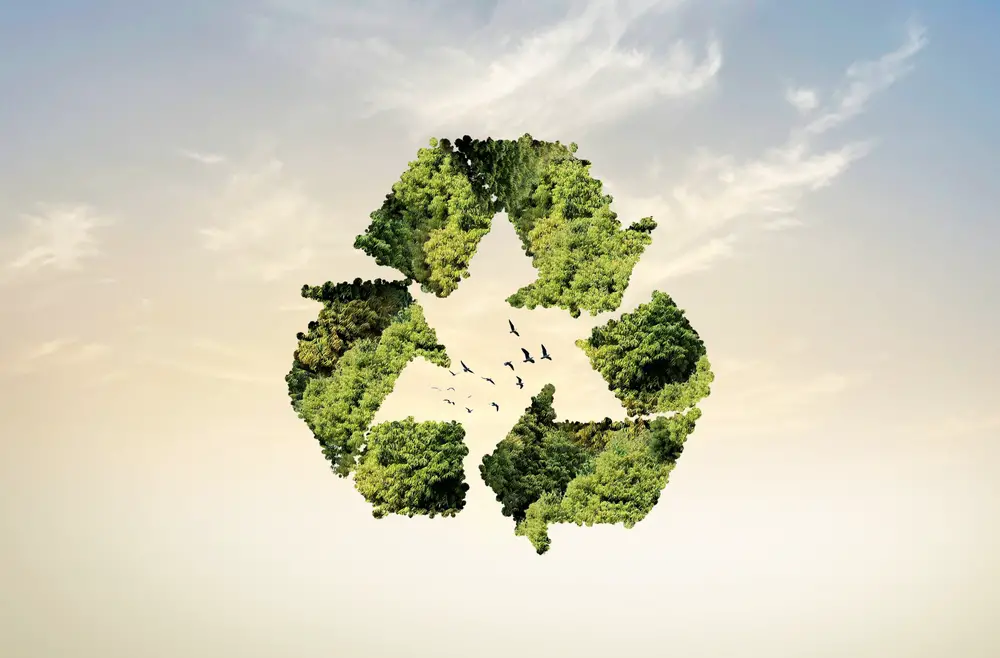
We often overlook the vital services ecosystems provide—clean air, fresh water, fertile soil. Our actions compromise these essential functions, threatening the foundations of life itself. In our absence, ecosystems would recover, renewing the services upon which all creatures depend.
Nature would resume its role as caretaker, filtering pollutants, cycling nutrients, and maintaining the delicate balance of life. The Earth would heal, its systems functioning in harmony once more. We may be gone, but the legacy of a thriving planet would remain, a testament to nature’s infinite capacity for renewal. The world would be a living, breathing testament to the power of life unimpeded.
